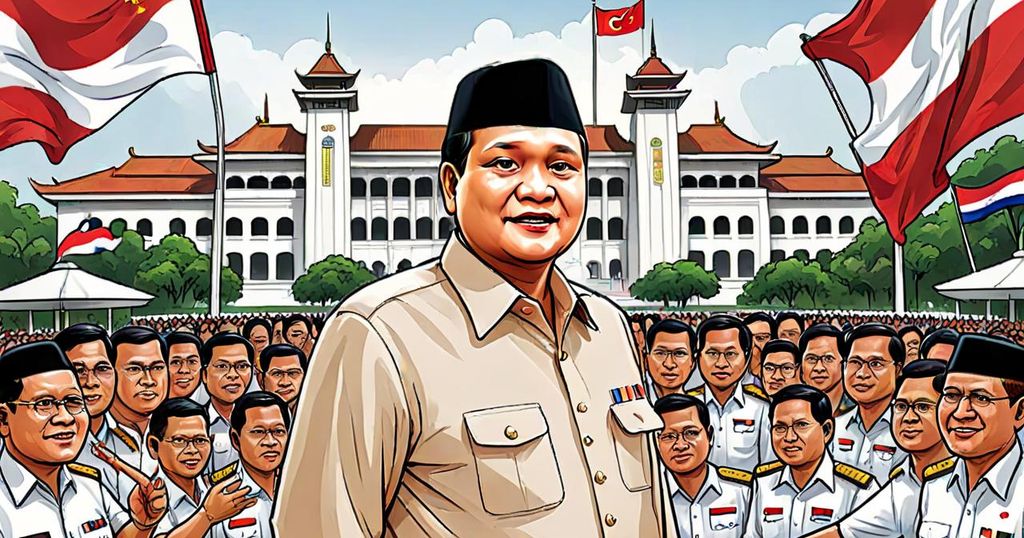President-elect Prabowo Subianto of Indonesia has expediently initiated an early offensive on the diplomatic front to outline his foreign policy direction for the ensuing five years. This proactive stance is in readiness for his assumption of the country’s highest leadership position from Joko “Jokowi” Widodo in October.
Prabowo’s strategic maneuver involved visits to Chinese President Xi Jinping in Beijing and Japanese Prime Minister Fumio Kishida in Tokyo in early April. The objective of these visits was to provide a glimpse into the international community’s expectations of his leadership as the largest economy in Southeast Asia transitions to his control.
Due to the unique advantage of having several months to refine and finalize his foreign policy platform, given that this is the first time Indonesia will undergo a power transition within the same political alliance, Prabowo is in a position to ensure a seamless and unhindered process.
During his visits to China, Japan, and Malaysia in his capacity as defense minister, Prabowo followed through on an intention announced by President Jokowi to introduce his successor to world leaders with whom he has fostered relationships over the past decade. On various occasions, Prabowo has expressed his commitment to continuing Jokowi’s economic diplomacy in the short and medium term.
While Prabowo possesses the discretion to determine his future overseas visits, it would be prudent for him to prioritize Indonesia’s longstanding partners, such as members of the Group of 20, ASEAN, and the regional grouping’s partners in the annual East Asia summit.
As a former Army general, Prabowo’s vision of foreign diplomacy is expected to extend beyond the pursuit of short-term economic gains. Under his leadership, Indonesia, as a middle power, aims to assume a more prominent role in global affairs, particularly in areas of security and defense.
Indonesian diplomacy seeks to portray the country as a formidable force, transcending narrow considerations of short-term and medium-term economic gains. As the power transition unfolds, President Jokowi is likely to bring his defense minister to Laos for his final ASEAN leaders’ summit, followed by attendance at the annual United Nations General Assembly in New York.
Furthermore, plans are in progress for Prabowo to visit critical partners in Asia, the Middle East, and Europe. This includes a scheduled meeting with U.S. President Joe Biden at the invitation of U.S. Defense Secretary Lloyd Austin, as well as engagements in the Middle East to reiterate Indonesia’s support for the independence of Palestine amidst diplomatic dialogue with Israel.
Prabowo’s discussions with world leaders and global institutions have the potential to underscore his commitment to the development of the Nusantara Capital City (IKN). This reassurance is crucial as it would provide confirmation to diplomats in Jakarta before they transition their embassies and offices to the new capital city.
While Indonesia is expected to retain its traditional role as the de facto leader of ASEAN, Prabowo’s administration is encouraged to broaden its focus beyond the regional grouping and maintain an independent and active foreign policy to assume a more significant role in the ever-changing global landscape.

Leave a Reply